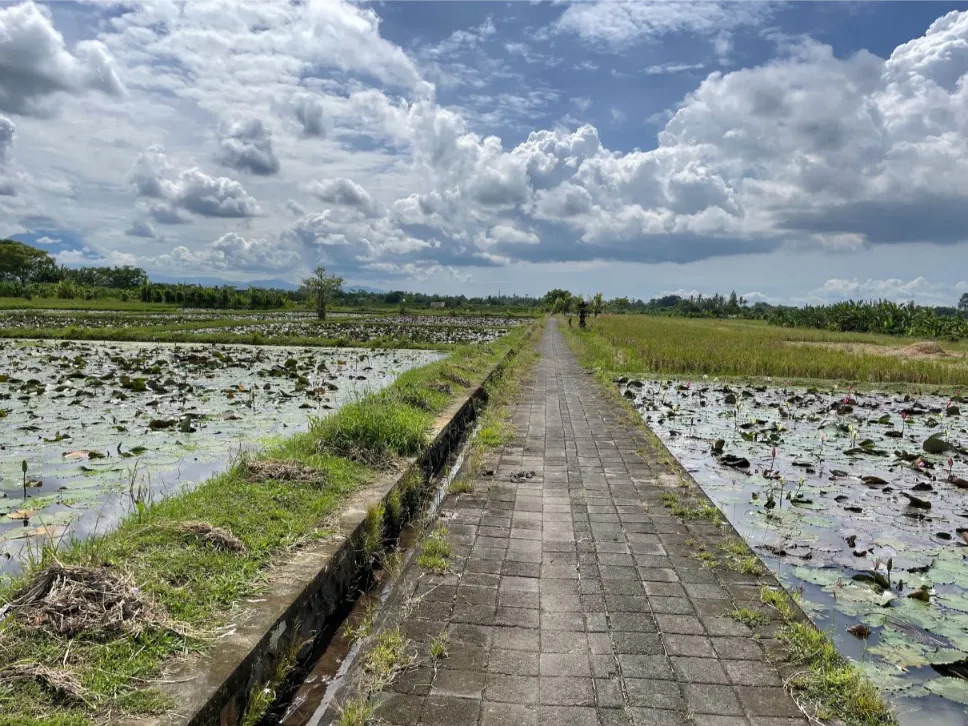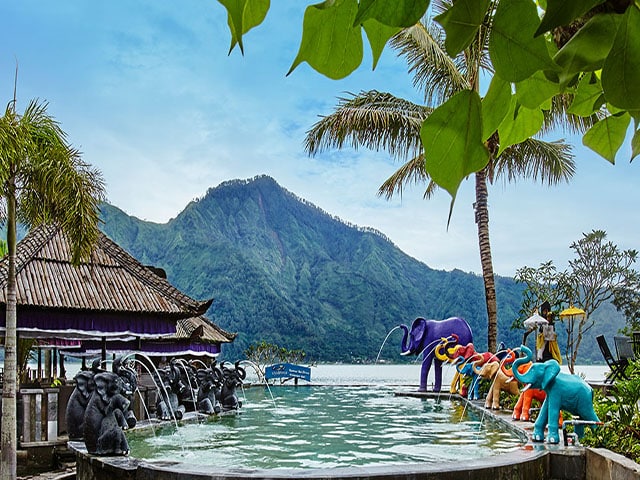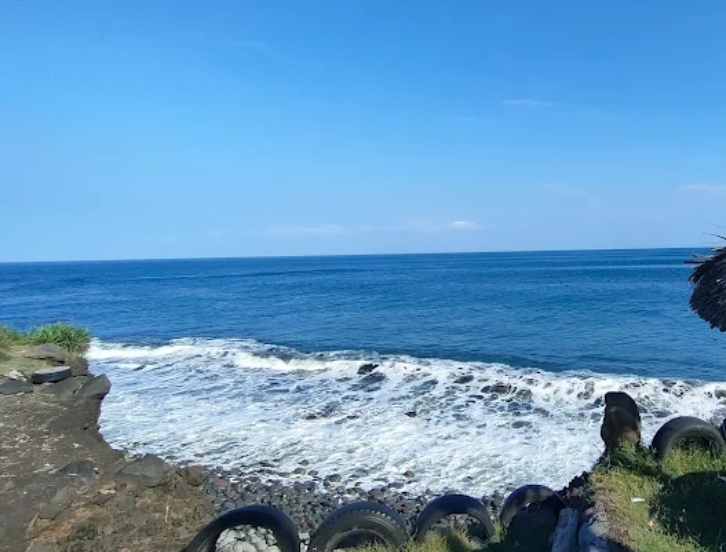For centuries, Bali’s lush rice fields have flourished under an intricate irrigation system known as Subak Anggabaya.
More than just a method of water management, this cooperative system embodies the Balinese philosophy of Tri Hita Karana, which seeks harmony between humanity, nature, and the spiritual world.
Rooted in this belief, Subak Anggabaya has played a crucial role in sustaining Bali’s agricultural heritage while fostering a deep sense of community among farmers.
At its core, Subak Anggabaya operates through an elaborate network of canals, dams, and rice paddies that ensure equitable water distribution.
Located along Jalan Gadung Sari in Penatih, East Denpasar, this system is governed by farmer-led committees responsible for deciding water allocation, planting schedules, and key agricultural practices.
Regardless of farm size, every farmer benefits from the fair and collective management of water resources, reinforcing the spirit of cooperation that defines the Balinese farming tradition.
What makes Subak Anggabaya remarkable is its resilience. Having endured environmental shifts, droughts, and floods over the years, the system thrives due to strong social organization within farming communities.
Collective decision-making and resource-sharing have allowed farmers to adapt to challenges, ensuring that agriculture remains sustainable even in difficult times.
In moments of crisis—be it economic downturns or natural disasters—this sense of unity becomes even more vital, fostering mutual support among farmers.
Beyond its agricultural significance, Subak Anggabaya is deeply intertwined with Bali’s cultural identity.
Its enduring success has earned it recognition as a UNESCO World Heritage Site, underscoring its importance not just to Bali, but to global conservation efforts.
The system’s cooperative principles have even inspired other nations to explore similar sustainable farming models.
However, Subak Anggabaya is not without its challenges. Urban expansion and the conversion of farmland into residential and commercial properties pose a serious threat.
As land is repurposed, water resources essential to the system become increasingly strained.
To address this, the Balinese government has implemented policies aimed at protecting agricultural land and promoting sustainable land-use practices.
Another looming concern is climate change, which has disrupted rainfall patterns and increased the frequency of extreme weather events.
To adapt, farmers have begun integrating modern techniques such as rainwater harvesting and drip irrigation, ensuring that water conservation remains a priority.
Despite these challenges, Subak Anggabaya stands as a testament to Bali’s deep-rooted agricultural wisdom.
More than just a method of irrigation, it represents a way of life—one that balances tradition with adaptation, ensuring that future generations can continue to cultivate not just the land, but also the values that have sustained Balinese society for centuries. (BT)





